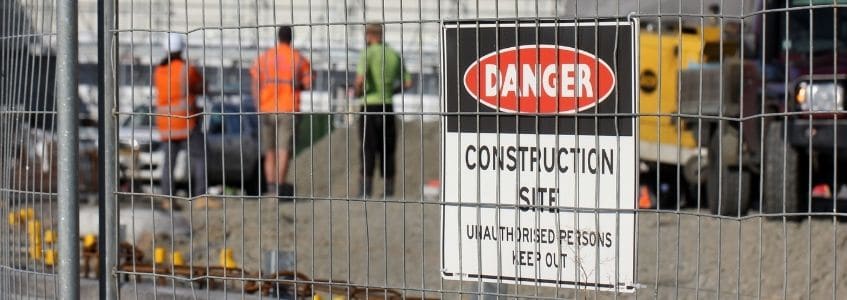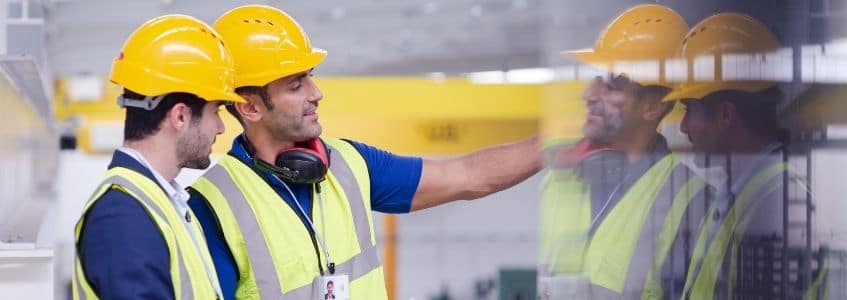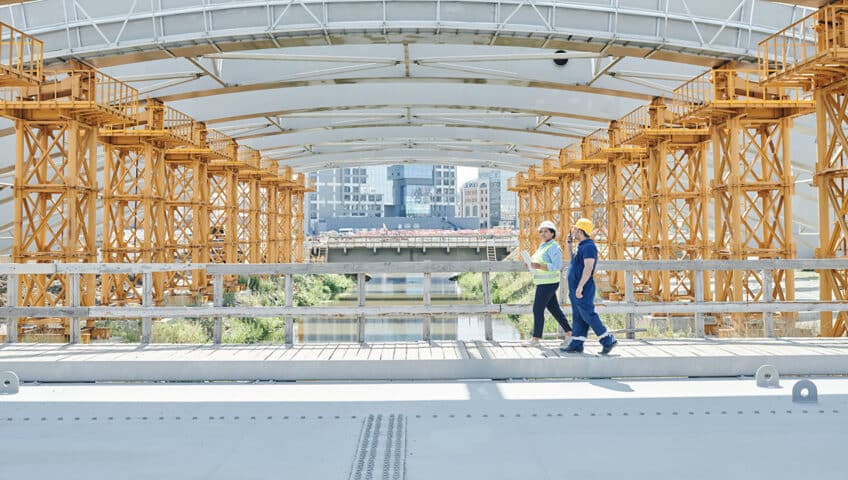As winter approaches, the task of snow plowing becomes essential for maintaining safe and accessible roadways. Snow plow truck operators play an important role in clearing snow and ice, ensuring the smooth flow of traffic during challenging weather conditions. However, operating these heavy vehicles in hazardous winter environments requires strict adherence to safety compliance measures. Learn more about the importance of safety compliance for snow plow truck operators, key regulations, best practices, and essential precautions to ensure their well-being and the safety of the communities they serve. By prioritizing safety, snow plow contractors can make winter road maintenance operations efficient, effective, and incident-free.











